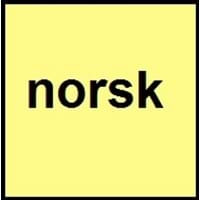Norwegian greetings vs Navajo greetings
Please in Norwegian and Navajo
When you want to request someone for something then it is necessary to say please. But if you don't know how to say please in Norwegian and Navajo then it disappointing. So, Norwegian Greetings vs Navajo greetings helps us to learn please in Norwegian and Navajo language.
- Please in Norwegian : Vær så snill.
- Please in Navajo : T'aa shoodi.
In some situations, if you need to apologize then Norwegian greetings vs Navajo greetings provides to say sorry in Norwegian and Navajo language.
- Sorry in Norwegian : unnskyld.
- Sorry in Navajo : Not available.
You can also learn useful phrases of Best Languages to Learn.
How are you in Norwegian and Navajo
After you say hello to someone then you will want to ask how are you? And if you wish to know what's how are you in Norwegian and Navajo then Norwegian greetings vs Navajo greetings helps you.
- How are you in Norwegian is hvordan har du det?.
- How are you in Navajo is Ąąʼ haʼíí baa naniná?.
Even though greetings remain same in almost all the dialects of the language, their pronunciations and accents vary from each dialect to dialect. Know more about such dialects on Norwegian vs Navajo Dialects.
Other Norwegian and Navajo Greetings
Are you finding few more Norwegian greetings vs Navajo greetings? So let's compare other Norwegian and Navajo greetings.
- Good Morning in Norwegian is god morgen.
- Good Night in Norwegian is god natt.
- Good Morning in Navajo is Yá'át'ééh abíní.
- Good Night in Navajo is Yá'át'ééh hiiłchi'į'.





